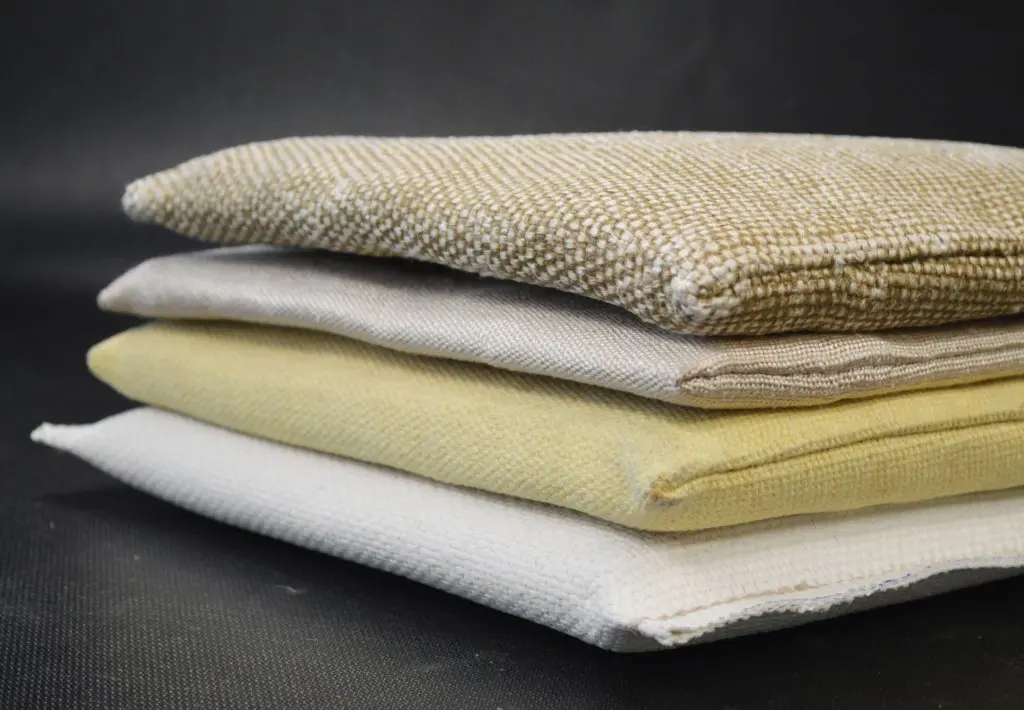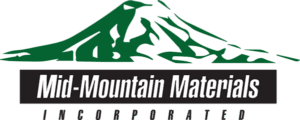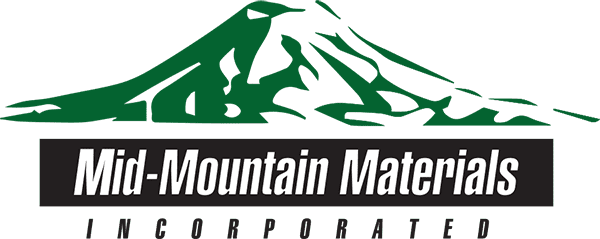Aluminum is a highly formable metal with remarkably low density. It has been used in manufacturing and engineering markets worldwide since the mid-20th Century, and it sits alongside steel as one of the most widely-consumed materials on earth. However, the malleability of aluminum intermediate goods can be problematic.
Unfinished sheets and plates that contact dissimilar metals during processing or transit may be damaged. Bruised aluminum coils, billets, and plates may have to be melted and recast to meet specification, or else be scrapped. Either of these routes is a costly one. Tray pads are widely used to alleviate these avoidable risks.
In this blog post, we outline the proprietary THERMOPAK® Tray Pads available from Mid-Mountain Materials, Inc. in greater detail.
Cost of Aluminium Scrappage
As it weighs roughly a third of comparative steel products, aluminum is often diagnosed for applications that require outstanding weight-to-strength ratios. It is also beneficial for manufacturing parts with curved and cylindrical geometries. Automobiles, airplanes, architectural cladding, industrial packaging, satellite components, and more have all benefitted from the unique mechanical properties of aluminum.
In fact, aluminum is so widely consumed that it currently supports an estimated economic impact of $186 billion. The cost of scrappage, from the energy consumption of recasting to the labor hours of scrap sorting, subsequently has a significant impact downstream of foundries. Much of this costly damage can be avoided in the early stages of production, by cushioning unfinished goods from abrasive surfaces using textile products like tray pads.
Tray Pads from Mid-Mountain Materials, Inc.
Tray Pads are high-performance textiles that act as a cushion for unfinished aluminum goods that may still be in a heated condition. They are primarily used during transportation, acting as a barrier between coils, slabs, etc. and steel conveyors. Contact surface abrasions at this stage are one of the primary contributors to high aluminum scrappage. It is estimated that over 60% of coil surface damage can be eliminated by using tray pads during aluminum transportation.

Tray pads are not limited to use in transit, however, and they are often used to protect aluminum products during annealing, cooling, and storage as well. The conditions during each of these manufacturing stages are radically different from one another. Temperature is one of the main variables that can affect the success of protective goods.
Mid-Mountain offers a choice of tray pads rated for a broad range of operating temperatures. ARMATEX® Firestar 35 is among our most economical choices, comprising a heavyweight fiberglass textile treated with a proprietary mineral coating. For higher durability and greater impact resistance, we offer HYTEX® 700 which retains a good continuous operating temperature of approximately 345°C (650°F). This is ideal for transportation and storage but may not meet the requirements for hot-facing applications. HYTEX® 1400 is the preferred choice for higher temperature applications, comprising a high-performance fiberglass yarn capable of withstanding temperatures up to 760°C (1400°F).
We have previously explored tray pads for secondary aluminum plants and rolling mills in greater depth, but if you have any specific questions about our range of tray pads, please do not hesitate to contact us.
[Source: The Aluminum Association]

